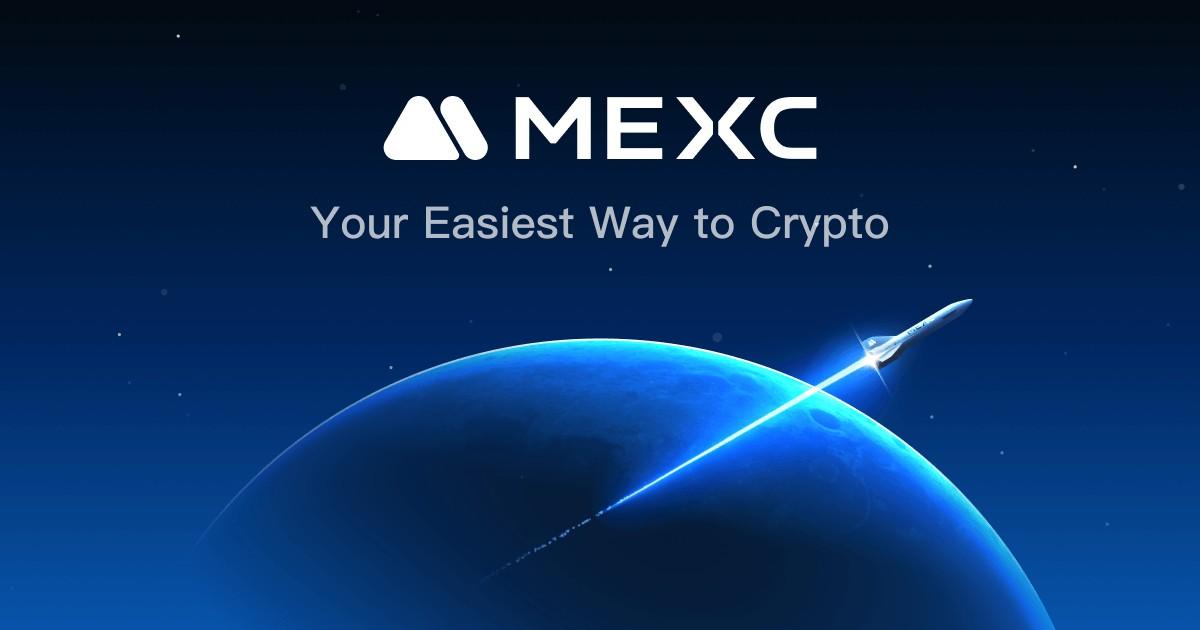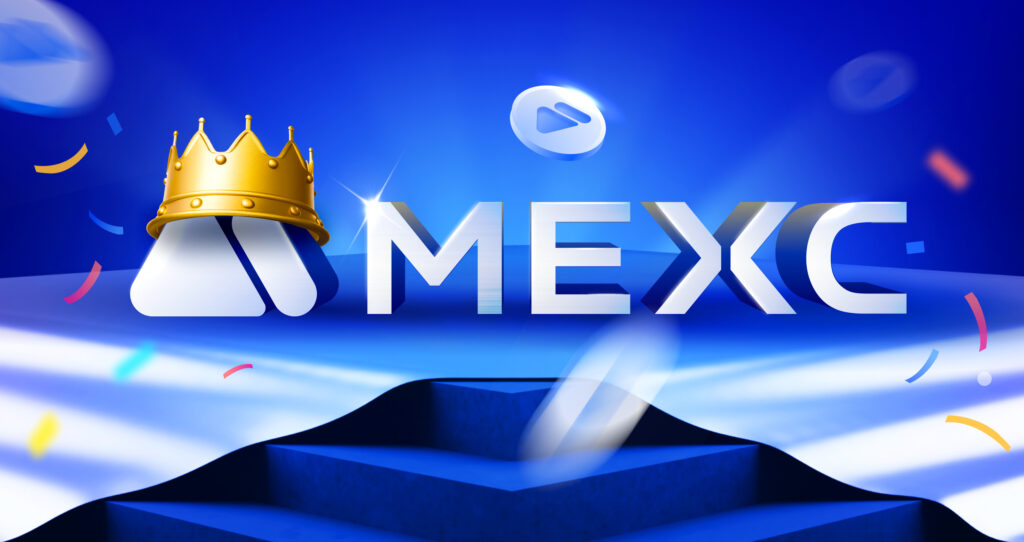
6 minute read
MEXC vs Bybit Comparison: Which is better?
from MEXC
by Exness_India
When comparing MEXC and Bybit, the better choice largely depends on your trading preferences, level of experience, and specific feature needs. However, if you’re looking for an exchange with deep altcoin markets, minimal KYC requirements, and a flexible fee structure, MEXC comes out ahead for most retail traders. On the other hand, if you're a derivatives trader who values UI design, platform stability, and copy trading, Bybit may be your winner.
Let’s dive deeper into what sets these two exchanges apart and why MEXC might be the better choice for many users in 2025.

✅ Trade with MEXC now: Open An Account 👈
1. Onboarding Experience and KYC Flexibility
MEXC offers one of the smoothest onboarding processes in the crypto space. Unlike many platforms that require full identity verification (KYC) before you can trade or withdraw, MEXC allows users to deposit, trade, and even withdraw a certain amount without completing KYC. This is a huge plus for privacy-conscious users or those in regions with regulatory uncertainty.
By contrast, Bybit has become more centralized over time. As of recent updates, Bybit requires mandatory KYC for most features, including trading and withdrawals. This makes it less attractive to users who value anonymity and fast access.
Verdict: If you prefer to trade without going through lengthy ID checks, MEXC is clearly better.
2. Asset Selection and Altcoin Market Depth
MEXC is known as the “altcoin paradise” of crypto exchanges. It consistently lists new tokens faster than competitors, including small-cap gems and meme coins. With over 2,000 trading pairs, MEXC appeals to traders who thrive on volatility and early token listings.
Bybit, in comparison, has a more curated selection of tokens. While it covers major assets and many DeFi tokens, it doesn't match MEXC’s breadth. If you’re looking to trade low-cap coins before they hit major platforms, Bybit isn’t the place.
Verdict: For token variety and access to emerging crypto assets, MEXC wins hands down.
3. Futures and Margin Trading Capabilities
Both MEXC and Bybit offer futures trading with high leverage. Bybit has long been a favorite among futures traders due to its clean interface, deep liquidity, and precise order execution. It supports advanced trading features such as conditional orders, stop-loss/take-profit customization, and unified margin systems.
MEXC, on the other hand, offers USDT-M and Coin-M futures, with leverage up to 200x on selected pairs. The platform is solid and relatively stable but not as refined as Bybit when it comes to UI or execution speed in high-volatility environments.
Verdict: For professional futures trading, Bybit edges ahead. For basic futures trading with access to more altcoin contracts, MEXC still performs well.
4. Copy Trading Options
Bybit has heavily promoted its copy trading feature, making it a key part of the platform’s ecosystem. It allows users to follow top traders and automatically replicate their trades. Performance data is transparent, and followers can choose strategies based on past ROI, risk profile, and trading style.
MEXC also offers copy trading, though it’s more limited in visibility and selection. The interface is less intuitive, and discovering consistent top performers can be more challenging.
Verdict: If copy trading is important to you, Bybit offers a more user-friendly and effective system.

✅ Trade with MEXC now: Open An Account 👈
5. Fees and Promotions
MEXC has built a reputation for offering some of the lowest trading fees in the industry. For spot trading, fees start at 0.1% and can go much lower with MX token holding or VIP tiers. Futures fees are similarly competitive, and regular trading contests and fee rebates attract active traders.
Bybit’s fee structure is also fair, with 0.1% for spot trading and 0.06%/0.01% (taker/maker) for derivatives. However, it doesn't beat MEXC on altcoin pairs where spreads and slippage can be tighter.
Additionally, MEXC frequently offers airdrop campaigns, trading rebates, and affiliate incentives that often surpass what Bybit provides.
Verdict: For low fees and aggressive promotions, MEXC takes the lead.
6. Security and Platform Trustworthiness
Both MEXC and Bybit have not suffered any major hacks and implement industry-standard security protocols such as cold wallet storage, two-factor authentication, and withdrawal whitelists.
Bybit is generally seen as more centralized but is also regulated in multiple jurisdictions, giving it an edge in terms of compliance and long-term trust for institutional users.
MEXC operates more independently and may appeal to users who want to avoid regulatory overreach, though that comes with more personal responsibility.
Verdict: Bybit has a slight edge in perceived long-term safety and regulation, while MEXC appeals to those who want more freedom.
7. User Interface and App Experience
Bybit offers a polished, modern user interface across both desktop and mobile. The app is fast, responsive, and well-reviewed. For traders who rely on charting tools and quick navigation, Bybit offers a smoother experience.
MEXC’s interface has improved significantly but still feels a bit cluttered. Some users report lag during peak volume, although updates have addressed many of these issues in 2025.
Verdict: For UI and UX, Bybit is the more refined product.
8. Global Accessibility and Regional Restrictions
MEXC is available in most countries, including regions where many other exchanges have pulled out. Its relaxed KYC makes it usable in countries with strict regulatory conditions, and it supports multiple languages and fiat gateways.
Bybit has had to exit certain jurisdictions and tighten KYC due to regulatory pressure. This makes it harder to access from restricted regions without a VPN.
Verdict: MEXC offers greater global access and fewer regional limitations.
9. Staking, Launchpads, and Earning Features
Bybit has made significant strides in its Bybit Earn and Launchpad features, allowing users to stake, farm, and participate in token sales. These are well-integrated and offer consistent opportunities for passive income.
MEXC also offers staking and launchpad options under MX DeFi, but these are more hit-or-miss and often focus on newer or riskier tokens. However, they still present higher APY opportunities for those willing to take risks.
Verdict: For stable DeFi products, Bybit is better. For high-yield opportunities, MEXC is more aggressive.
Conclusion: Which Is Better, MEXC or Bybit?
When it comes to choosing between MEXC and Bybit, the better exchange depends on your specific needs. Here’s the bottom line:
Choose MEXC if you:
Want access to the widest range of altcoins
Prefer trading with minimal KYC
Seek low fees and frequent trading incentives
Value token launch opportunities and high-yield promotions
Are in a country with crypto restrictions
Choose Bybit if you:
Trade futures professionally and require advanced tools
Want a superior copy trading platform
Prioritize UI/UX and mobile app quality
Need a regulated exchange with a stable compliance track record
Prefer curated, stable DeFi products
For most retail users, MEXC offers more freedom, more altcoins, and lower costs—making it the better overall choice in 2025. However, for serious derivatives traders and copy trading enthusiasts, Bybit remains a top-tier platform.
✅ Trade with MEXC now: Open An Account 👈
Read more:








